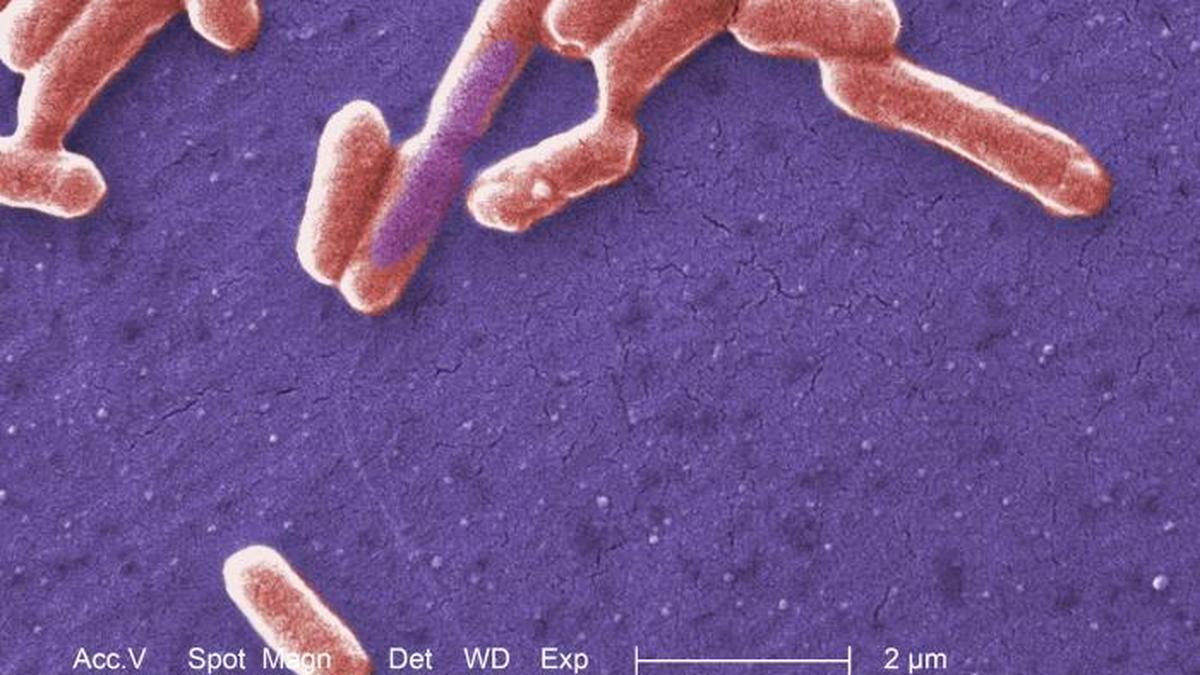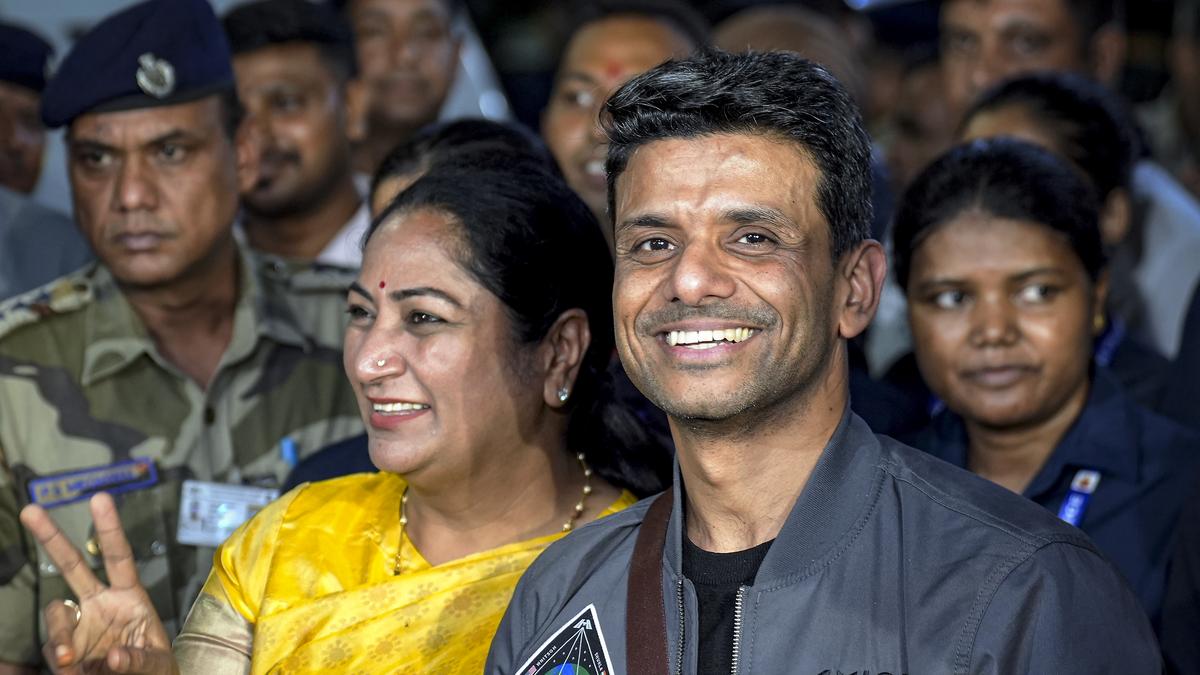Now Reading: Scientists Engineer E. Coli to Detect Mercury
-
01
Scientists Engineer E. Coli to Detect Mercury
Scientists Engineer E. Coli to Detect Mercury

Quick Summary
- Researchers from Imperial College London and Zhejiang University have developed self-powered bioelectronic sensors using genetically engineered E.coli bacteria.
- These biosensors integrate synthetic biology and bioelectrochemistry to detect chemical signals and convert them into electrical outputs compatible with low-cost electronics.
- Traditional enzymatic biosensors face limitations such as fragility, high costs, or slow response times, while whole-cell bacterial sensors overcome these challenges by being self-sustaining in contaminated environments.
- The team created two types of sensors: one detecting arabinose (a plant sugar), the other mercury ions in water – a critical application for water safety evaluation. The mercury sensor amplified signals to respond even to trace quantities below the WHO’s safety limits within three hours.
- They demonstrated logic gate mechanisms within the bacteria, enabling specific responses based on multiple simultaneous conditions (an “AND” gate).
Indian Opinion Analysis
This development underscores global advancements in biotechnology that can potentially address critical environmental and health concerns efficiently. For India, where industrial pollution often leads to water contamination issues like mercury poisoning, such innovations could pave the way for cost-effective monitoring systems tailored to ensure compliance with safety thresholds set by regulators like BIS or WHO standards.
Given India’s focus on harnessing emerging technologies under initiatives like “Digital India,” integration of living bacterial biosensors into routine testing infrastructure could reduce resource dependence and provide scalable solutions for rural or underserved areas where traditional methods remain costly or impractical.
Such research also exemplifies international collaborations driving innovation across fields-crucial lessons for Indian academia seeking global partnerships in transformative projects combining synthetic biology with electronics.
Read More: scientists turn E.coli bacteria into a mercury sensor























